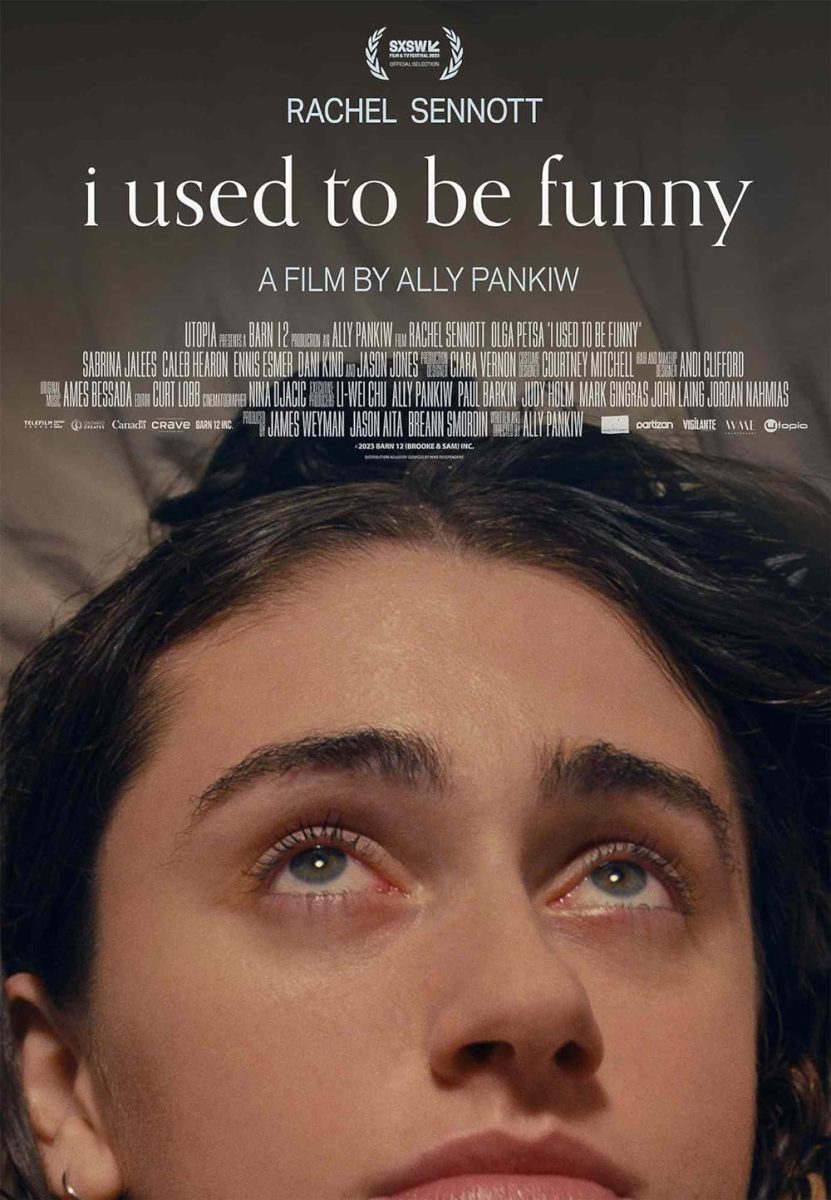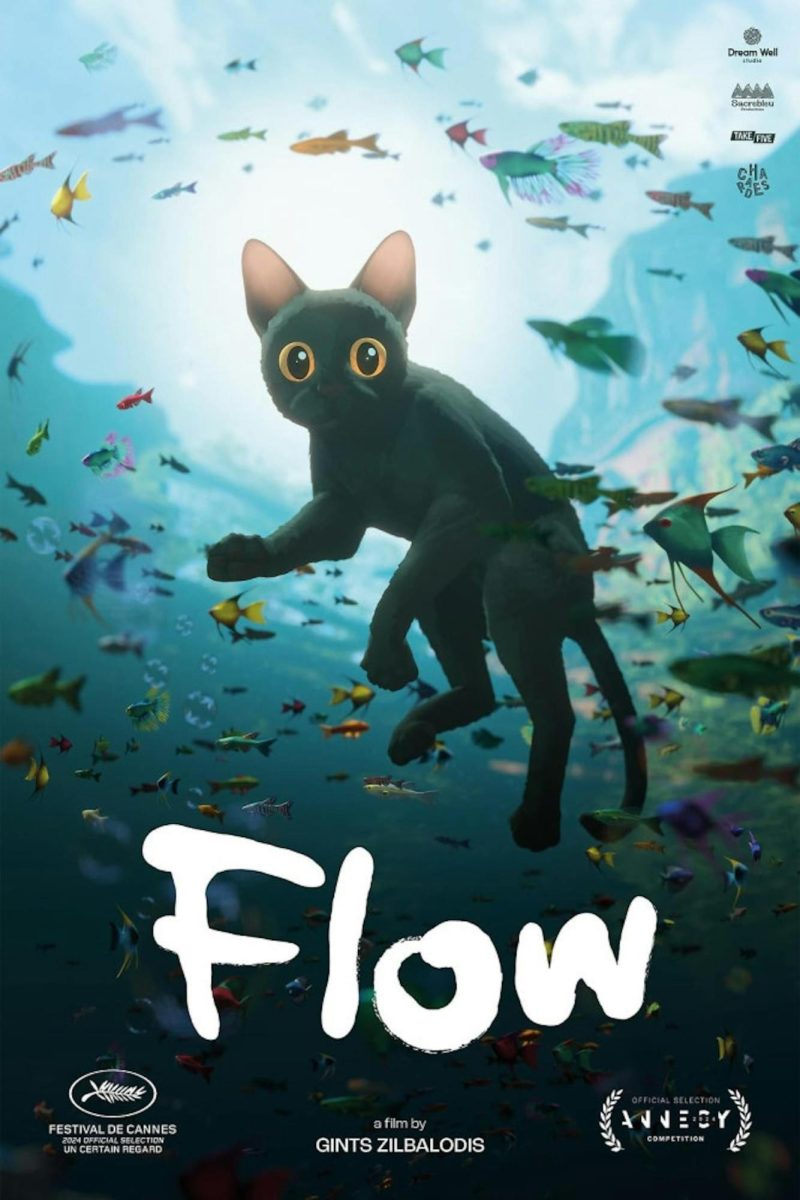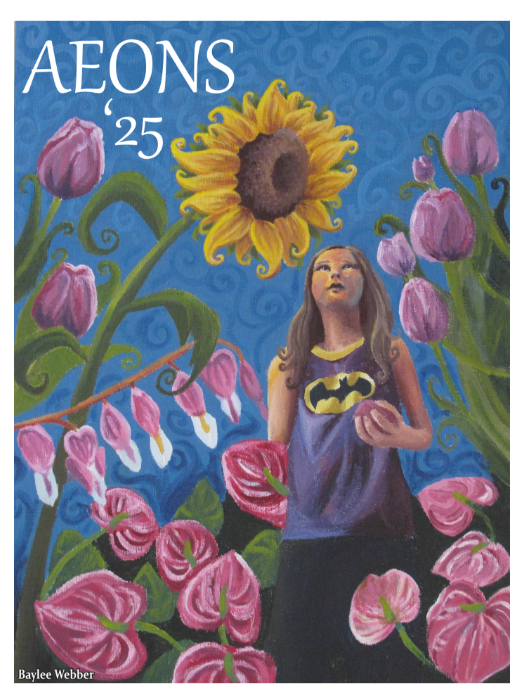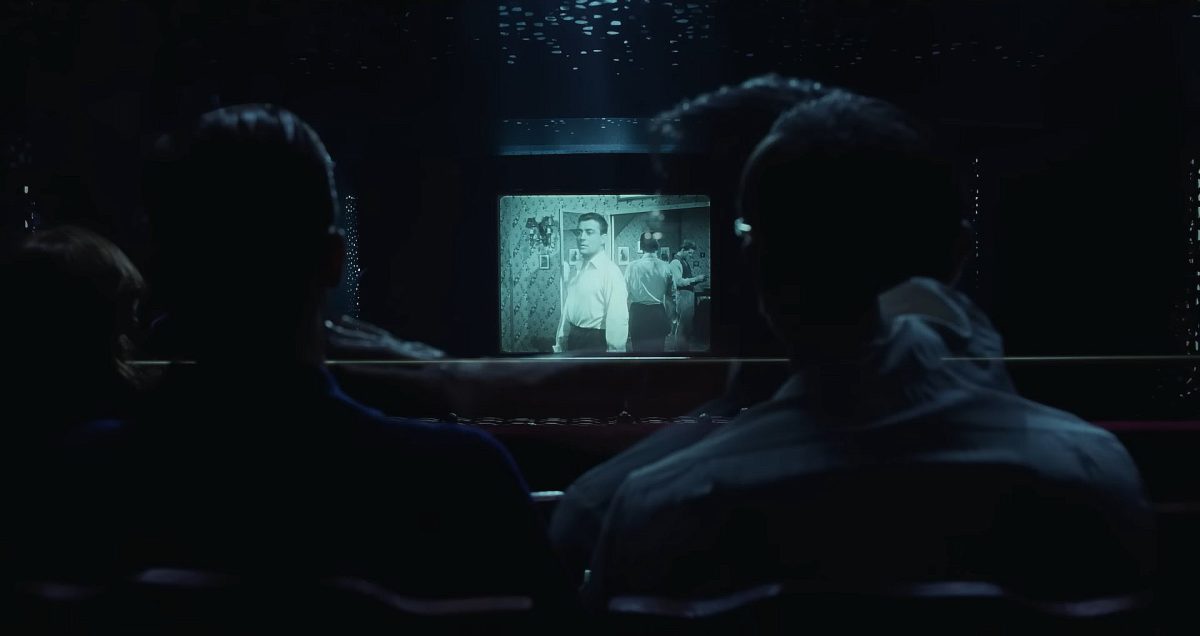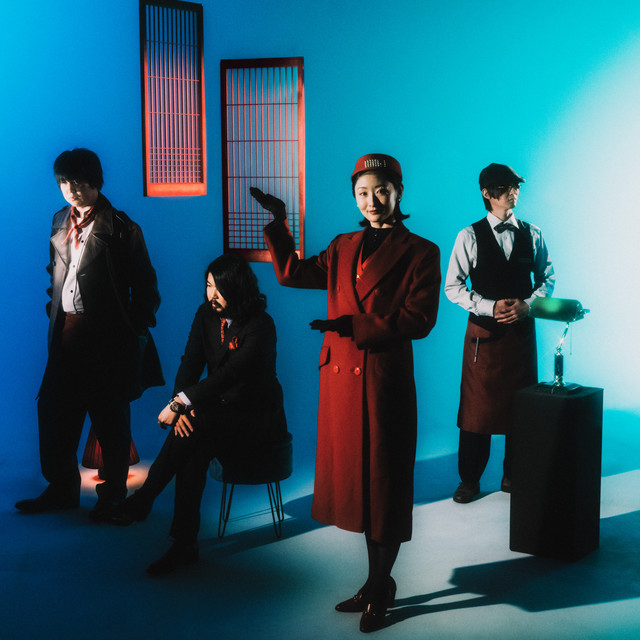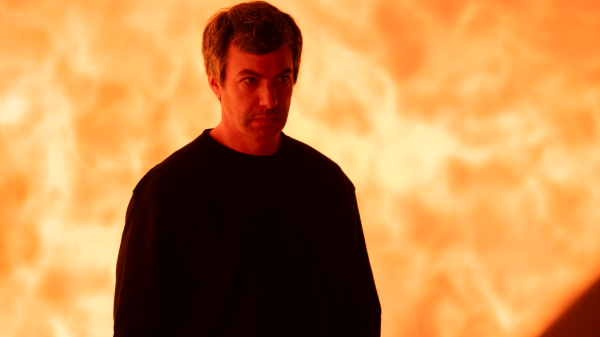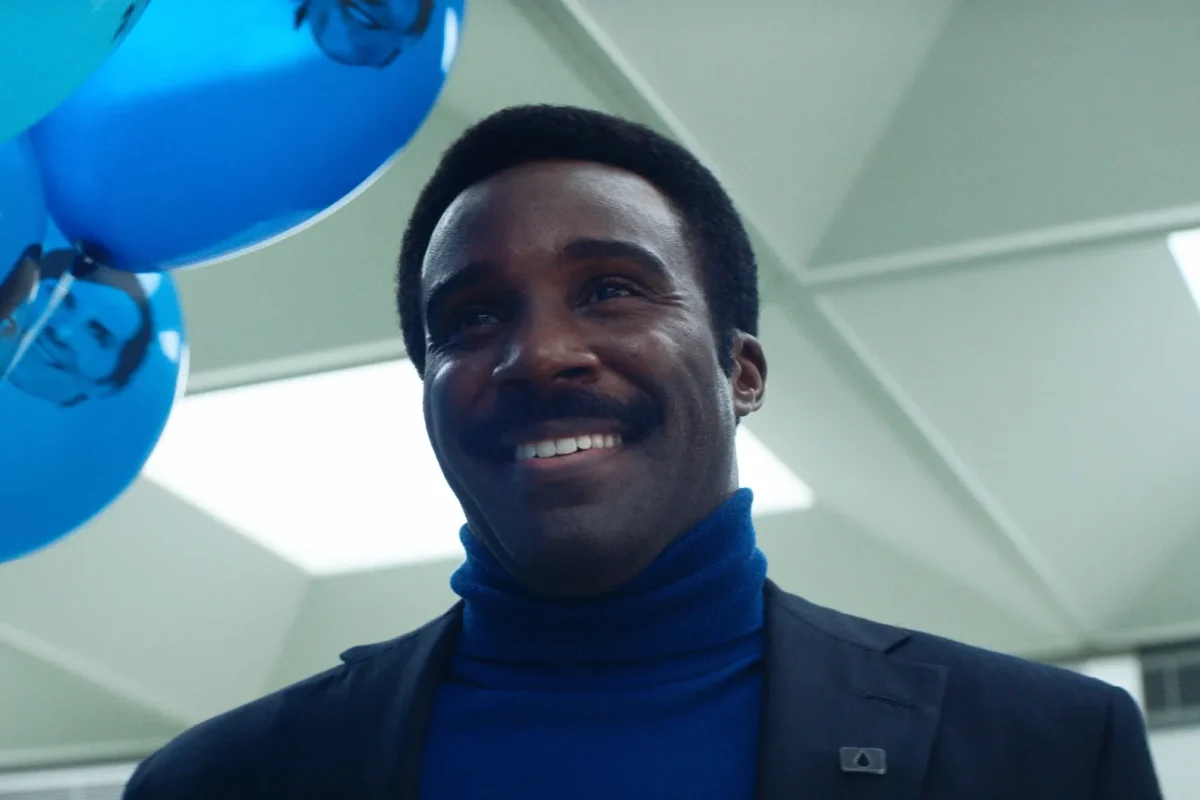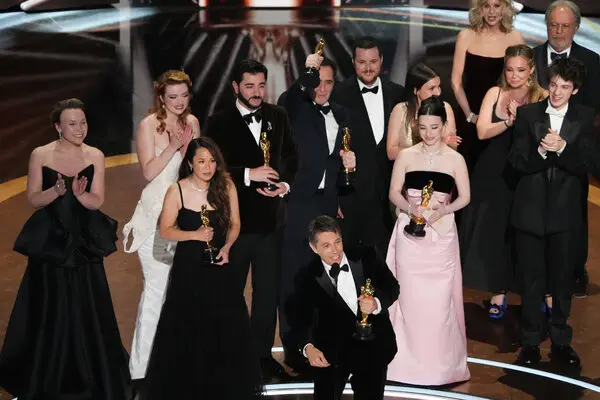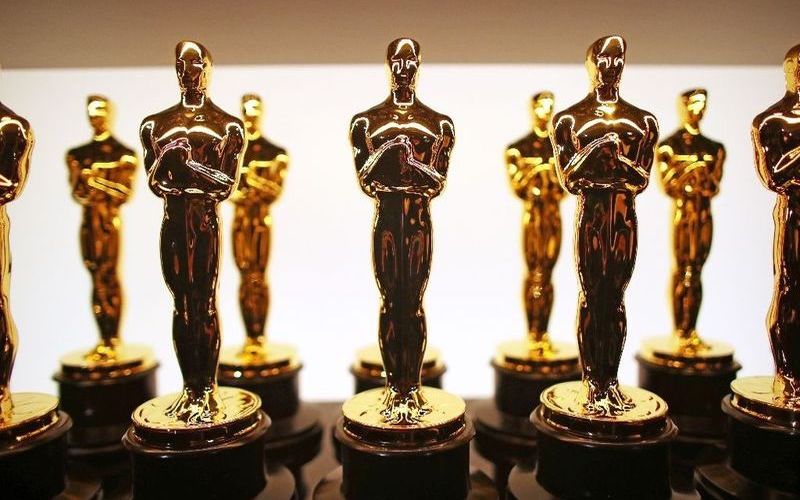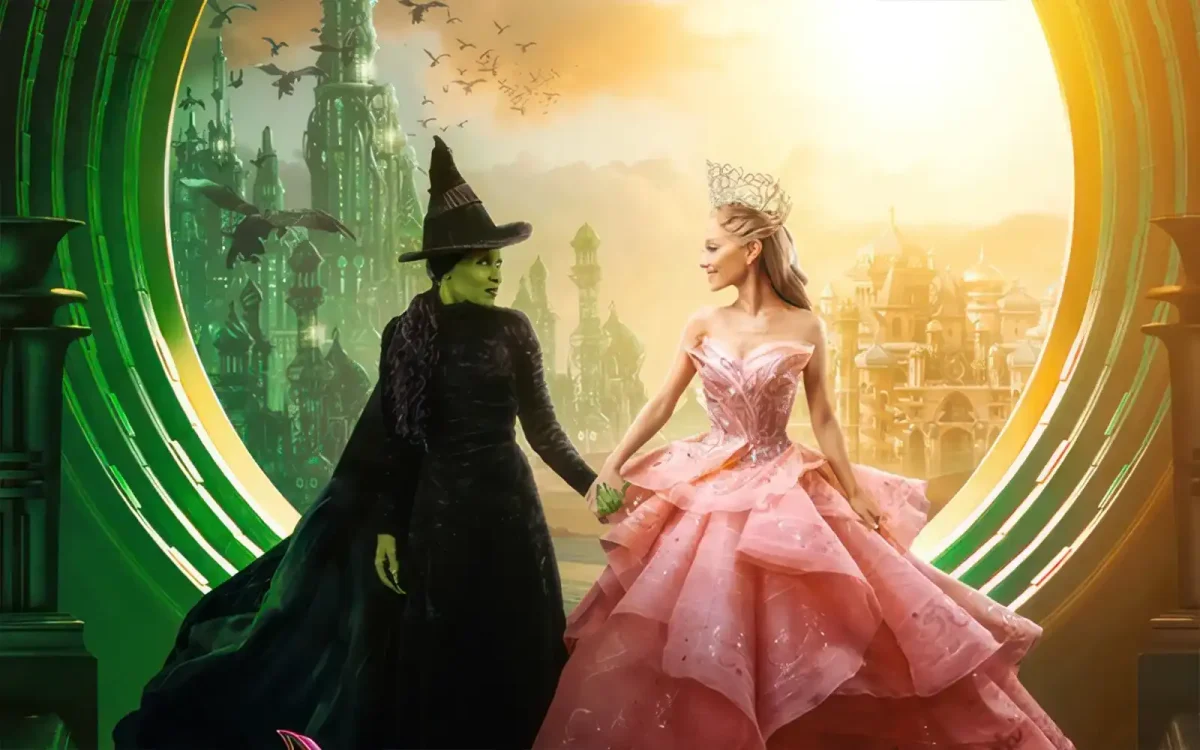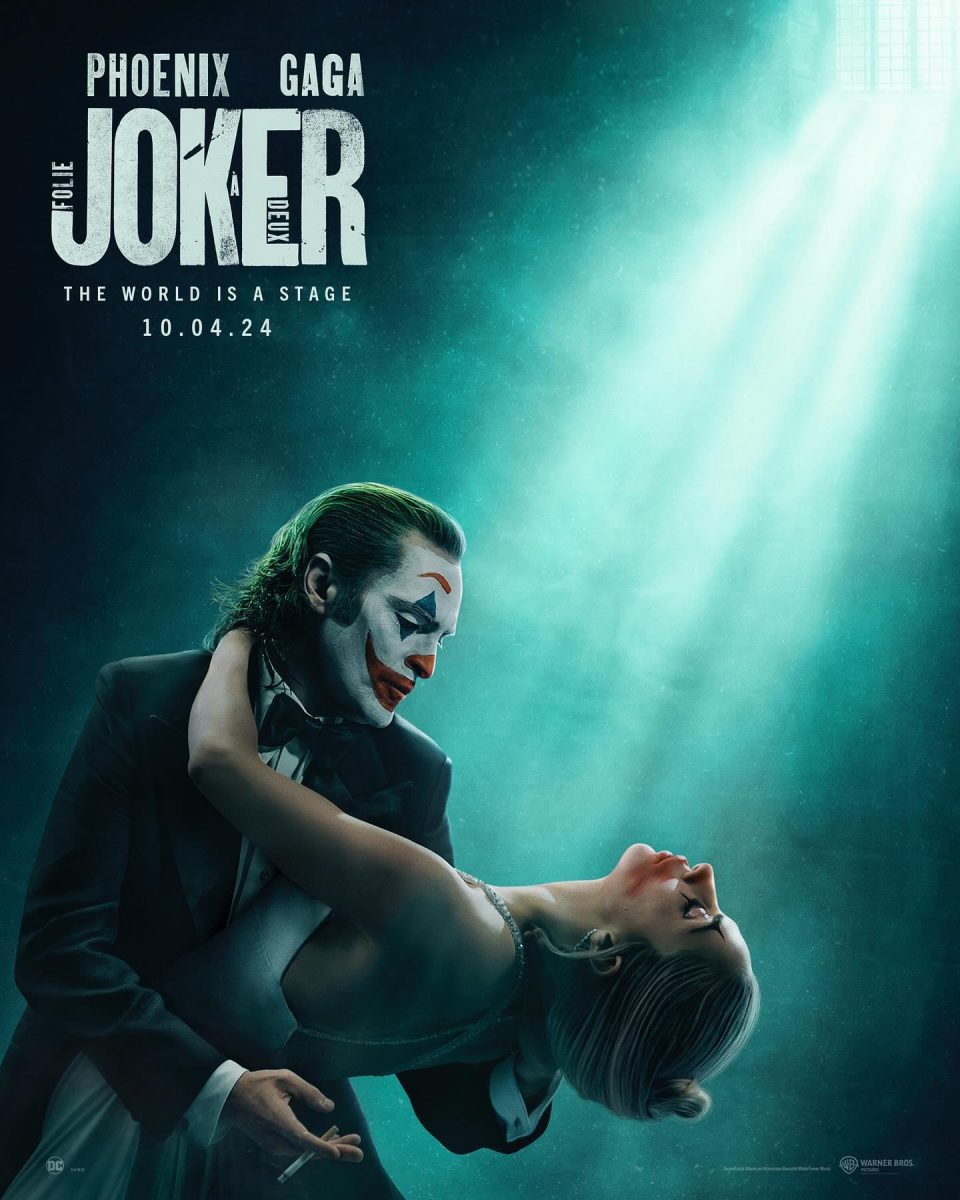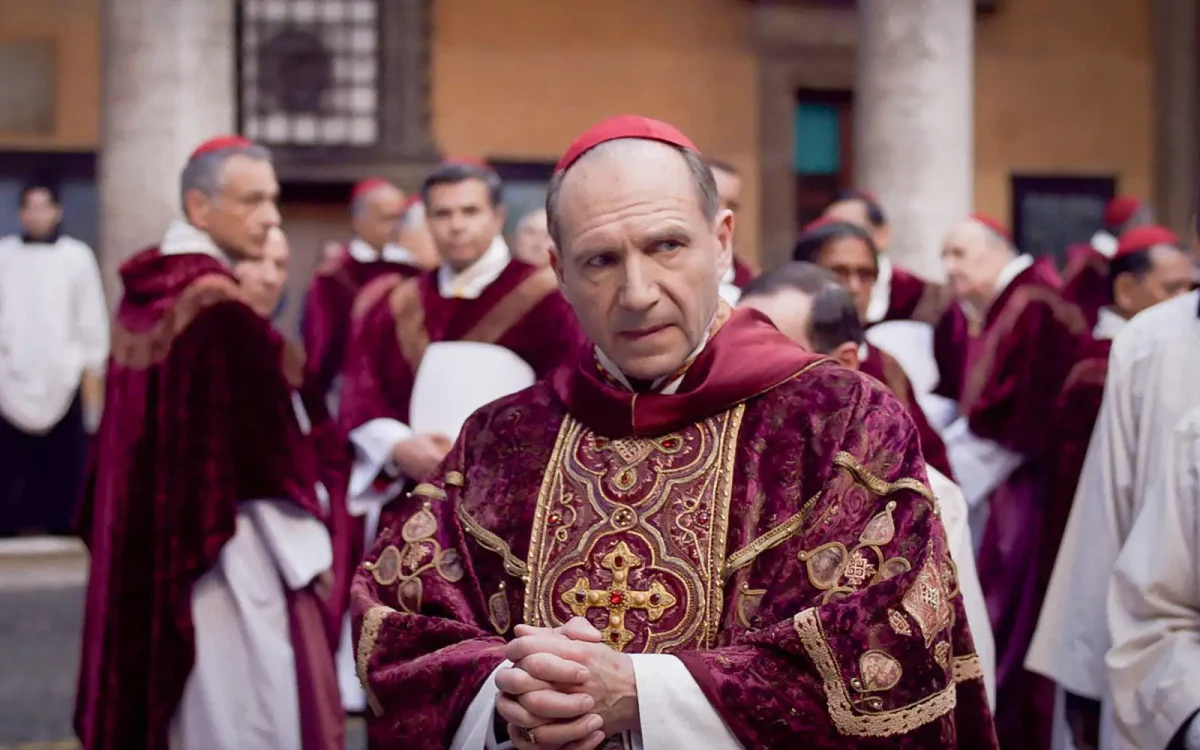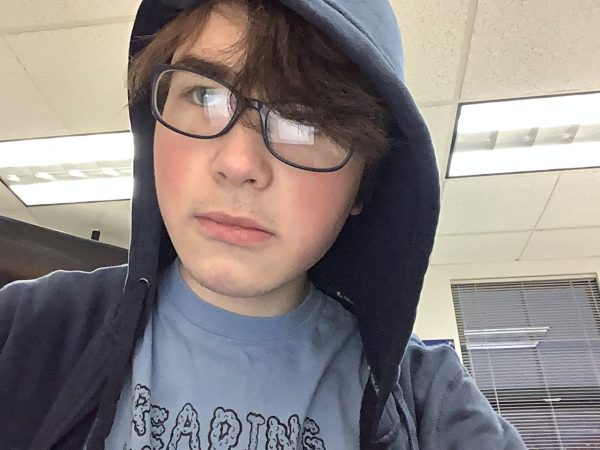Written and directed by Ally Pankiw in her directorial debut, I Used to Be Funny is a 2024 comedy drama film that very recently debuted on Netflix. It follows Rachel Sennott as Sam, a mid-twenties stand up comedian who has taken a hiatus from stand up after a traumatic event, when a teenager named Brooke, who Sam used to nanny for, goes missing.
I can’t say that I wasn’t somewhat biased before watching this film as Rachel Sennott is one of my favorite actors working today. I adore her comedic work in movies such as Shiva Baby, Bottoms, and Bodies Bodies Bodies, so when I found out her new movie was on Netflix, I watched it as soon as I could. So yeah, I may have had some bias going into this. That being said, I loved this movie and I thought Rachel Sennott was spectacular in it.
Sennott’s performance in this film is complex and heavy and funny and heartbreaking and hopeful. She showcases so much range, especially when playing versions of her character at different times in which she is able to play naivety so well in flashbacks and is able to give a more damaged feeling performance in the scenes taking place in the present day brilliantly. This is the most dramatic performance that I have seen from Sennott, and seeing how amazing her range is makes me appreciate her as an actor even more. I can’t wait to see her in the upcoming SNL biopic Saturday Night.
Sennott was not the only great performance in the film. The ensemble overall was wonderful. Olga Petsa’s performance as Brooke felt so genuine and was so upsetting. The performance is even more impressive considering that Petsa is a teenager. A truly standout performance. Jason Jones was also very memorable as Brooke’s father. Sabrina Jalees and Caleb Hearon’s performances as Sam’s two close friends and roommates felt very organic and real. In the scenes showing Sennott, Jalees, and Hearon just talking friendly, it felt like I was watching a real friend group just hanging out, not a film.
The acting wasn’t the only reason the scenes of Sam hanging out with friends felt so authentic. The writing also played a large part in that authenticity. The screenplay pretty perfectly captured the natural flow of conversation between friends; the way inside jokes pop in and out of the conversations, the way they tread around serious subjects with their words. This movie functions as a character study mostly, and it did a great job of painting a picture of the main character and how trauma affected her. So many of the actions that Sam took felt so real for someone in that situation. There is a scene that I felt in my bones where she goes to a bookstore to read a quote about self improvement that is in the middle of a book that she is clearly familiar with and takes from a copy of it off the shelf, just to reassure herself. An action that I consistently do something very similar to. I am constantly rereading sections of books or short stories that impacted me in order to reassure myself. It’s not often that you see a scene in a film that feels that real.
This movie is very upsetting. A fascinating and saddening portrayal of how trauma can affect a person. It slowly shows you more and more of Sam’s traumatic past, and when all the puzzle pieces are put together by the end of the film, it is not only very depressing, but also makes Sam a character that makes perfect, heartbreaking sense. This film portrays depression so well, showing how meandering life can feel, showing the great plans that Sam has for herself that she just isn’t realizing. This film made my stomach hurt and the writing captivated me for the entire runtime.
It may not sound like it, but like I said, this is a comedy-drama, and while I didn’t find much of the humor in this film particularly funny (it only got one laugh out of me, but to be fair, it was a very big laugh that I’m pretty sure could be heard from every inch of my house), I respect the humor so much. The humor doesn’t feel forced. It didn’t feel like they just randomly added humor to this upsetting story. The humor always felt completely natural. When the humor appeared throughout, it felt like that is where the conversations between characters would go, and not like the dialogue was being manipulated to force the movie to be a comedy. The comedy felt so organically mixed in with the drama. I do have a few qualms with this movie’s writing. It lightly touches on themes of feminism, but those ideas feel kinda forced into the movie and underbaked. I would have liked to see those concepts explored more with much more depth. I think there are aspects of the ending that feel kinda cliche as well, such as the second to last scene (That final scene is immaculate though).
The direction of this film is pretty bland and unmemorable. There was never anything about this visual presentation that stuck out to me. It wasn’t poorly directed, just boringly directed. The cinematography and score were also unmemorable. The licensed soundtracks choices were kinda annoying and overbearing to me. I thought a lot of the scenes with licensed songs playing over them would have been much more impactful with silence, especially the ending.
I Used to Be Funny is a film that feels familiar in a lot of ways, but with much more depth and emotional weight to it then you would generally see from this kind of story. It felt like many young adult novels I had read in the past, but executed much more effectively. This movie honestly deserves awards attention for Pankiw’s screenplay, Sennott, and Petsa, even though I think there is basically no chance that it will get it. It is a film that perfectly encapsulates the phrase “I used to be funny”, with all the despair that comes with it. 8.5/10


